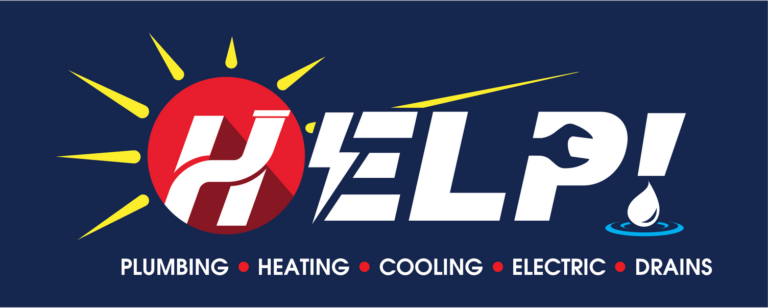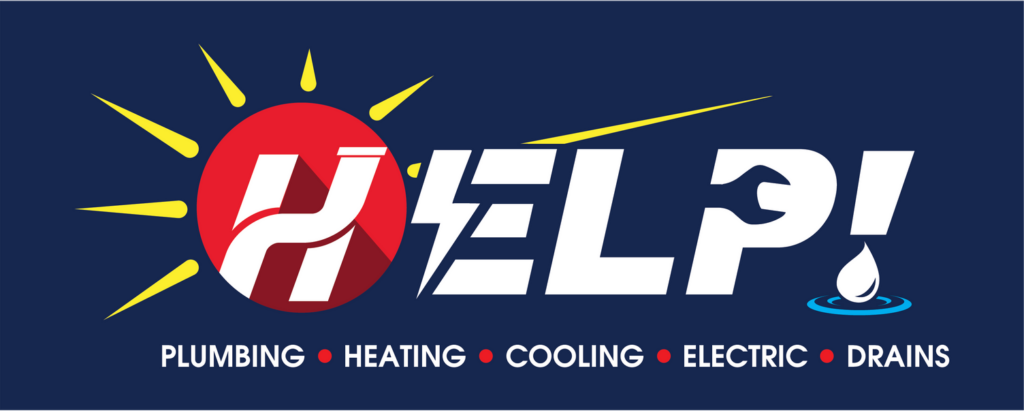Pipe replacements can help you save money on unexpected repairs and expand the life of your plumbing system.
But knowing the right kind of pipe material for your home’s needs is very important before you get your pipes installed. Here we will share with you the different pipe materials and the benefits they possess, as well as when to know it’s time for a pipe replacement.
Reasons You Should Get New Pipes
There are various reasons why you should need a pipe replacement. We’ve compiled a quick list of signs that it’s time for new pipes.
- Water Pressure Has Decreased – Leaks and clogs are common reasons that water pressure can ease. If you’ve tried fixing this multiple times whether by having a plumber out to check it or by at-home methods and it is happening continuously, you may need a replacement.
- Draining Slowly – Clogs can make your water start draining slowly. This is especially true with pipes that are corroded as they make the pipes clog easier.
- Your Water Has A Brown Tint – Water can have a brown color to it when there is corrosion present in the pipes.
- Abnormal or Bad Smell To Your Water – When mold and mildew build up inside your water pipes you may notice a bad smell to your water. Do not continue to consume or use this water as there are toxic materials present.
- Leaky Pipes Or Fixtures – Puddles around a fixture or pipe and damp spots behind the walls or appliances signal that there is a leak present in your pipes. This can increase your water bill.
Pipe Materials To Consider
Each kind of pipe material has its own benefits and will be best for certain plumbing needs. Here are the various types of pipe materials available.
Cast Iron
Cast iron piping is a heavy-duty kind of pipe material that is typically used in large or commercial buildings for underground plumbing systems. For example, they are usually used for things like the drainage system or main pipe.
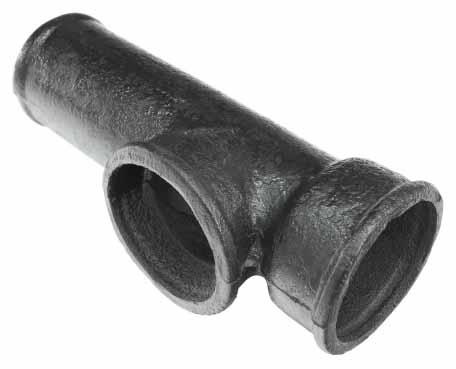
Stainless Steel
Stainless steel piping is considered to be a high-quality pipe material. This is due to the benefits they have such as being resistant to corrosion, flexible, durable, and dependable.
They are most commonly used in vulnerable areas in your plumbing system and places where it is hard to put insulation. They do have a more expensive upfront cost and installation is more difficult since they require specific coupling to adhere to other pipes.
Brass
Brass pipes are known to have less friction on the inside walls of the pipes and are essentially rust-proof and one of the longest-lasting types of pipe materials you can find. They are usually used for pump fittings, hot water distribution, water tanks, and on the inside of walls.
Galvanized
Galvanized piping was the traditional, normal kind of pipe material used for homes for some time. But because they corrode much easier and have a small pipe diameter that can cause low water pressure this has changed.
Copper
Copper piping is known to be very durable and corrosion-resistant. They also can handle extreme temperatures and temperature fluctuations well which makes them a common pipe material option for home plumbing systems.
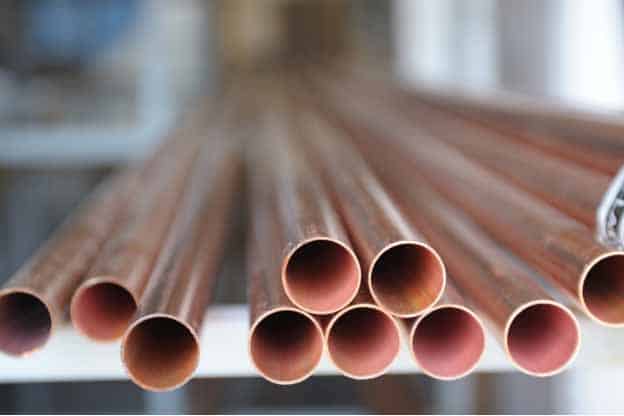
However, if you’re wanting to install your pipes on your own this is not the best option. These kinds of pipes will need to be soldered together which only a professional should do. They also need specific fittings to attach them to pipes of other materials.
PEX
PEX is a piping material that is composed of plastic and is typically used in residential homes or smaller businesses. PEX is very easily installed and maintained which makes this material a great option if you are looking to install your pipes on your own.
Although this material is more expensive when it comes to the upfront cost it is a great long-term investment. It’s very important to note that this material is only able to be used in indoor plumbing and not outside because the sun’s UV rays will melt away the outside layer of the pipe.
PVC
PVC pipes can be used for a wide range of plumbing system needs. They also have a much easier installation process and come in various thicknesses and configurations. PVC is also one of the more cost-effective options. However, they are not usually used as a permanent plumbing solution.
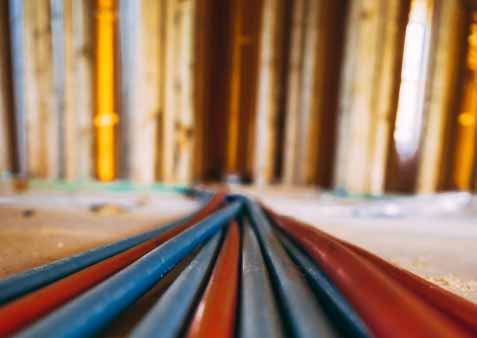
What To Do After Choosing Your Pipes
The next step after choosing your new pipe material is to call in a professional for installation and replacement. A licensed plumber will also be able to provide you with more information on which pipes are best for your home.
The HELP team is experienced in all pipe material replacements and can help make this process run smoothly for you. Give us a call today to schedule an appointment!

